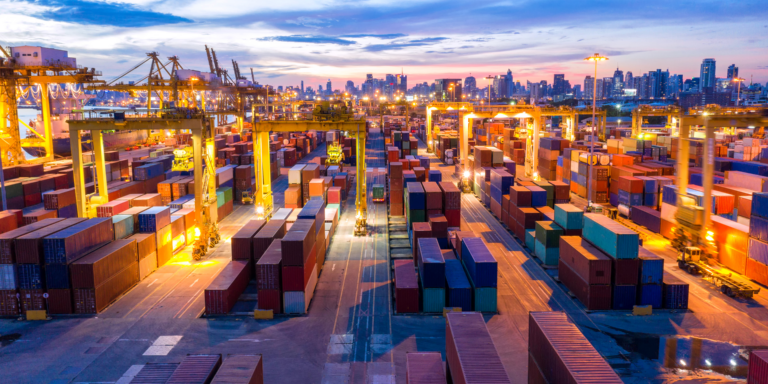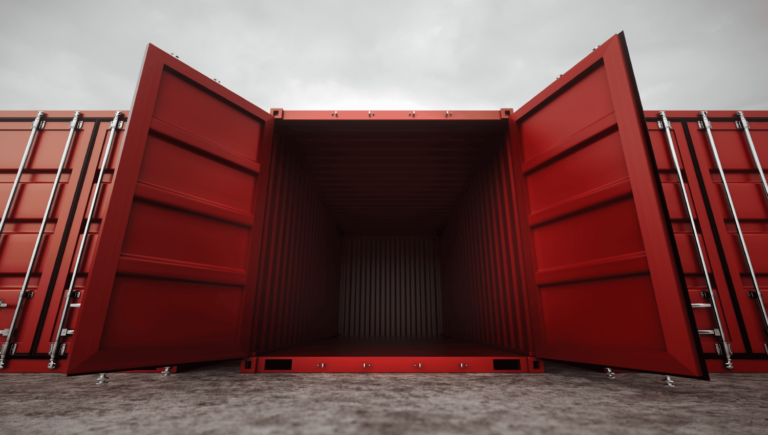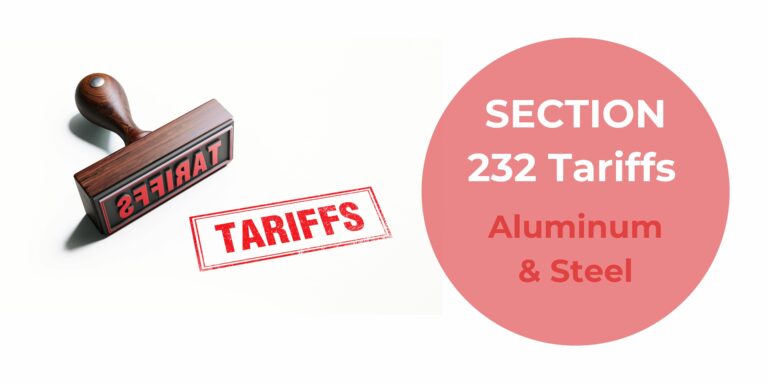Flexport’s Acquisition of Shopify’s Logistics Assets: A High-Stakes Move to Solidify the Future
Flexport, a San Francisco-based freight forwarder, has made a high-stakes move to solidify its future in the global forwarding business by acquiring the logistics assets of Shopify, a Canadian e-commerce company. The acquisition is expected to help Flexport extend its reach and complete its “port to porch” service, which includes everything from picking up goods at the port to delivering them to customers’ doorsteps.
The Challenges Facing Flexport in the Global Forwarding Business
The global forwarding business is highly competitive, with established players like DHL, Kuehne + Nagel, and DB Schenker dominating the market. Flexport, which was founded in 2013, faces several challenges in the industry, including the impact of the pandemic and the margins that it can achieve on the international side compared to its competitors.
The pandemic has disrupted supply chains around the world, causing delays and shortages of goods. Flexport has had to adapt to these challenges by providing real-time visibility into the supply chain and offering solutions to help customers navigate the complexities of the global market.
In terms of margins, Flexport has struggled to achieve the same level of profitability as its competitors. The company’s asset-light approach has allowed it to scale quickly, but it has also put pressure on its margins. This is where the acquisition of Shopify’s logistics assets comes in.
How the Acquisition of Shopify’s Logistics Assets is Helping Flexport Extend Its Reach
The acquisition of Shopify’s logistics assets is a strategic move by Flexport to complete its “port to porch” service. The acquisition includes six warehouses across the United States, which will allow Flexport to pick and pack e-commerce orders for its customers. This will help Flexport to extend its reach and provide a more comprehensive service to its customers.
Flexport’s asset-light approach has been successful in the past, but it has also limited the company’s ability to provide end-to-end services. The acquisition of Shopify’s logistics assets will allow Flexport to offer a more complete service to its customers, which will help the company to differentiate itself from its competitors.
The Potential Impact of the Acquisition on the Logistics Industry
The acquisition of Shopify’s logistics assets is a significant move by Flexport, and it is expected to have a major impact on the logistics industry. The acquisition will help Flexport to compete with established players like DHL, Kuehne + Nagel, and DB Schenker by offering a more comprehensive service to its customers.
The competition in the “end-to-end” logistics space is intense, with companies like Amazon and Alibaba offering similar services. However, Flexport’s service, which includes visibility into every step of the supply chain, is unique in the industry. This could give Flexport an edge over its competitors and help the company to become the global first-mover in the logistics industry.
Conclusion and Key Takeaways
Flexport’s acquisition of Shopify’s logistics assets is a high-stakes move to solidify the company’s future in the global forwarding business. The acquisition will help Flexport to complete its “port to porch” service and offer a more comprehensive service to its customers.
Key takeaways for readers who are interested in the logistics industry and the future of Flexport include the challenges facing the global forwarding business, the potential impact of the acquisition on the logistics industry, and the role of Amazon in the logistics industry.
Source: https://www.businessinsider.com/flexports-shopify-logistics-acquisition-revenue-growth-uncharted-territory-2023-5








